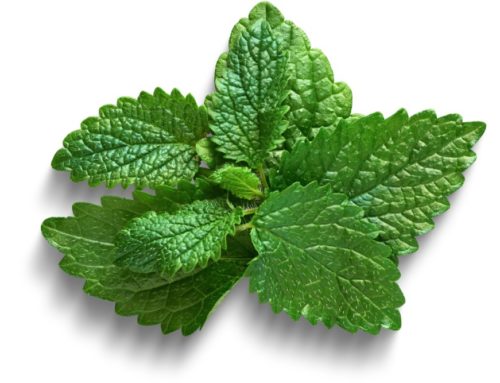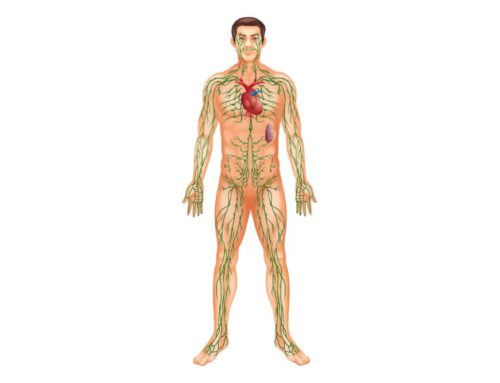We all have difficulty swallowing at times but those with swallowing disorders may have trouble eating every meal. Such conditions can include coughing, gagging, pain, or even an inability to swallow. Though not all swallowing issues can be cured, treatment options include speech and swallowing therapy. Choosing the best foods for swallowing disorders can also maintain your health and prevent further complications.
There are two categories of swallowing issues, esophageal dysphagia and oropharyngeal dysphagia. Each category contains several conditions that have swallowing disorders as a symptom. Some conditions related to this issue are neurological disorders or damage, cancer, or other disorders. If you notice frequent swallowing issues, speak with your doctor immediately.

What Foods Help with Swallowing Disorders
When you’re experiencing swallowing issues, choosing what to eat can be difficult to prevent exacerbating your disorder. The bright side is that there are several foods for swallowing disorders to pick from. These are nutritious and tasty options, with more variety than you may think.
Soft foods are best, including hot cereals, like oatmeal or cream of wheat. You can try soft-boiled, scrambled, or poached eggs, soups, and flaked fish. Ground meats, like beef, gravy, chicken, or pork, are also good options when softened further with gravy.
Mashed veggies, like potatoes, turnips, squash, or carrots, are healthy options. You can also mash, stew, or puree your favorite fruits for a sweet treat. Ice cream, mousse, sherbet, yogurt, or puddings are tasty foods for swallowing disorders that you can enjoy.
Depending on the issue you’re dealing with, you may even be able to enjoy other options that are soft but not pureed or mashed. These can include soft pasta mixed with delicious sauces, like mac and cheese or Fettucine Alfredo. Egg, tuna, or salmon salad, pancakes, Shepherd’s pie, poached fish, Guacamole, and quiche can be added to any meal plan. Regardless of what you choose, make sure it is moist, soft, and cut small to prevent swallowing issues.
What foods to avoid
When choosing foods for swallowing disorders, it’s best to avoid certain foods that could cause irritation or choking. Anything extremely hot should be allowed to cool somewhat before eating. Very cold foods can be soothing but could also cause irritation, so letting them warm slightly may be a good idea.
Acidic or citrus foods, such as oranges, grapefruit, tomato sauces, vinegar, or anything pickled, should be avoided. Salty or spicy foods can irritate your throat, making them difficult to swallow. The tough skins or seeds in fruits or vegetables should be removed for fewer issues. Dry, hard, or crunchy foods, like toast, potato chips, crackers, or nuts, are also on this list of foods to avoid if you have swallowing disorders.
Anything containing alcohol, including beverages or mouthwash, can also cause swallowing issues. Stick to non-alcoholic drinks and alcohol-free mouthwashes to prevent further irritation.
Main causes of swallowing problems
Esophageal dysphagia feels like food is stuck or caught in the base of the throat or chest after swallowing. Some causes include diffuse spasm, achalasia, scleroderma, radiation therapy, and esophageal ring, stricture, or tumors.
Oropharyngeal dysphagia is weakened throat muscles, making it hard to move the food from the mouth to the throat.
This content comprises informative and educational resources only and can not be considered as a substitute for professional health or medical guidance. Reliance on any information provided in this article is solely at your own risk. If you have any inquiries or apprehensions about your medical condition or health goals, talk with a licensed physician or healthcare provider.






Leave A Comment